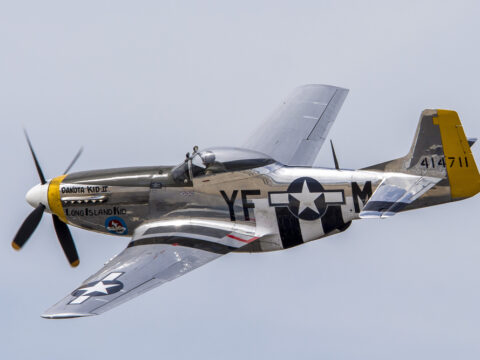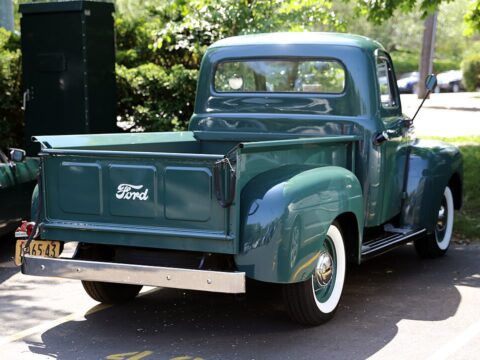Motorcycle riders have a unique perspective on the road that many people never get to experience. From the thrill of the open road to the little-known tips and tricks that make every ride smoother, there are many secrets they wish they could share. Here are 15 insights from seasoned riders that will give you a glimpse into their world.
Contents
The Freedom of the Open Road
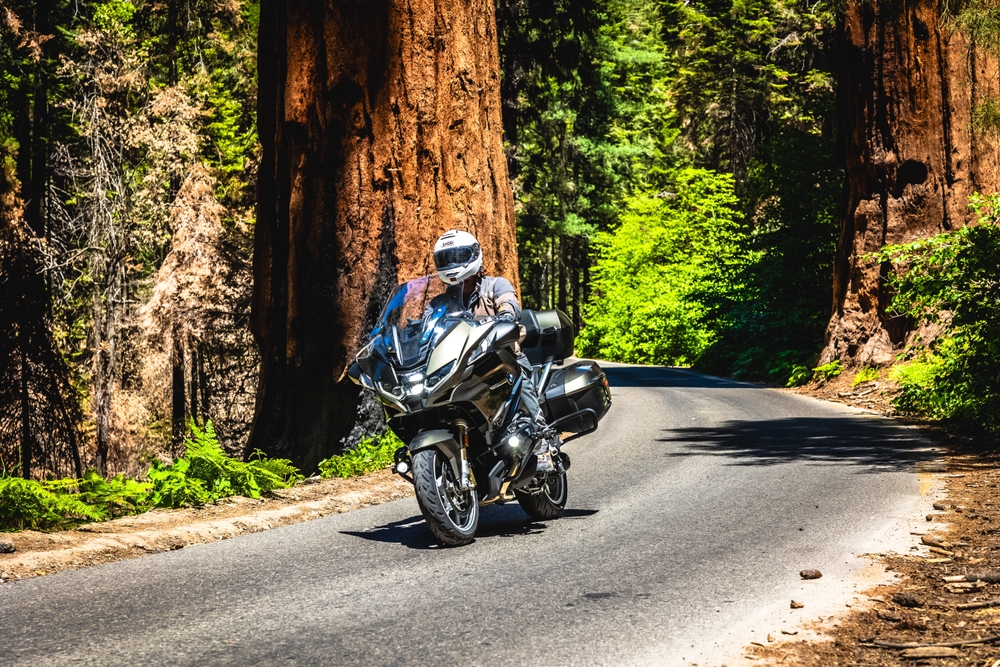
Riding a motorcycle on an open road offers an unparalleled sense of freedom. The lack of enclosure provides a unique connection to the surroundings, where riders can feel the wind and experience nature firsthand. This sensation of liberation is often cited as a primary reason for motorcycling, as it allows individuals to escape the confines of daily life and experience the world in a raw, unfiltered way.
Gear Matters
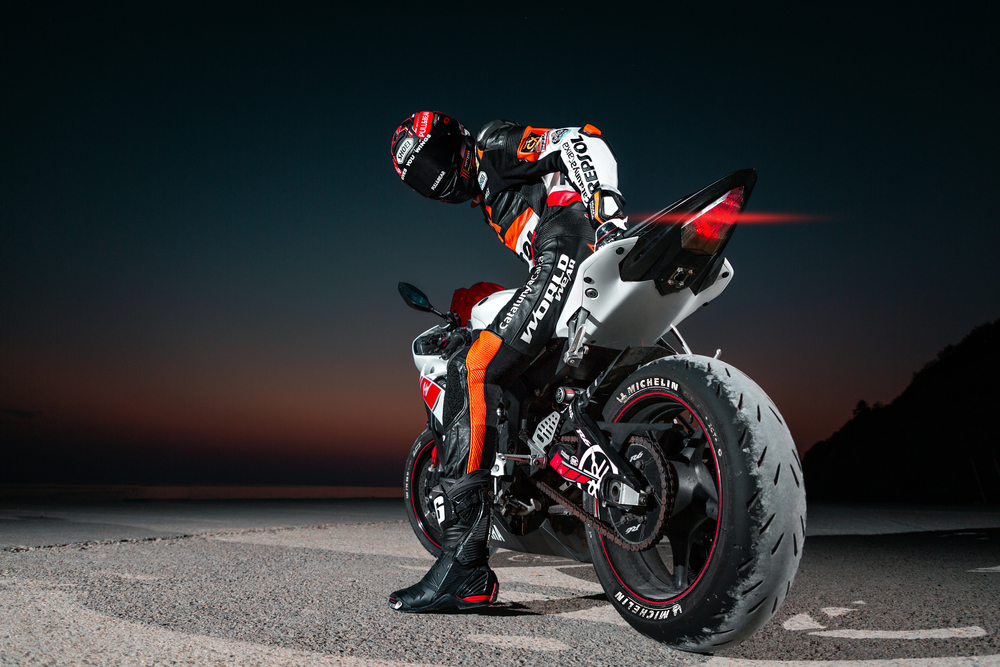
Image Editorial Credit: Shutterstock.com
Quality gear is crucial for both safety and comfort. Helmets protect against head injuries, while jackets, gloves, and boots provide essential protection from the elements and road rash in the event of a fall. Investing in high-quality, durable gear can make a significant difference in the riding experience, ensuring that riders are well-protected while maintaining comfort during long rides.
Weather Awareness
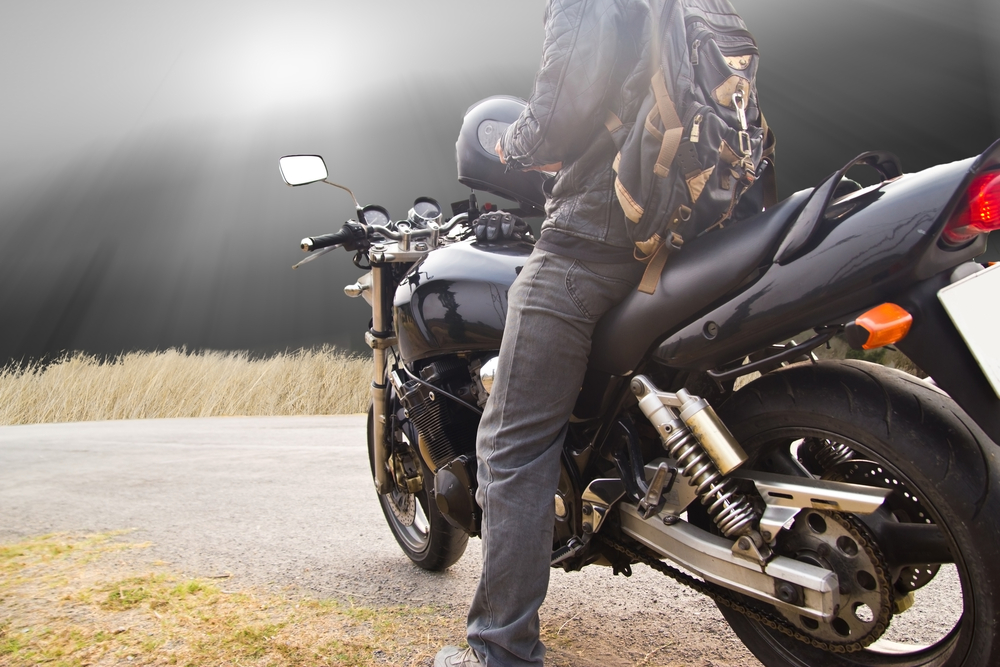
Image Editorial Credit: Shutterstock.com
Motorcyclists must be vigilant about weather conditions, as they can drastically alter the riding experience. Rain, wind, and extreme temperatures can all impact safety and comfort. Riders need to dress appropriately and adjust their riding techniques to accommodate changing weather, ensuring they remain safe and in control.
Road Awareness
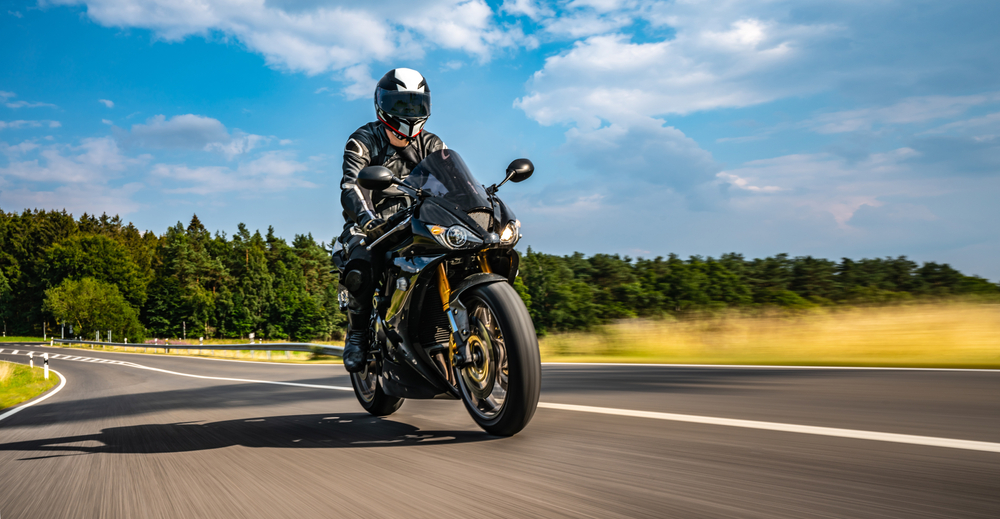
Constant awareness of road surfaces, debris, and potential hazards is essential for motorcyclists. Unlike cars, motorcycles are more susceptible to changes in the road, such as potholes, gravel, and oil spills. Being vigilant helps riders anticipate and avoid dangerous situations, contributing to a safer ride.
Countersteering
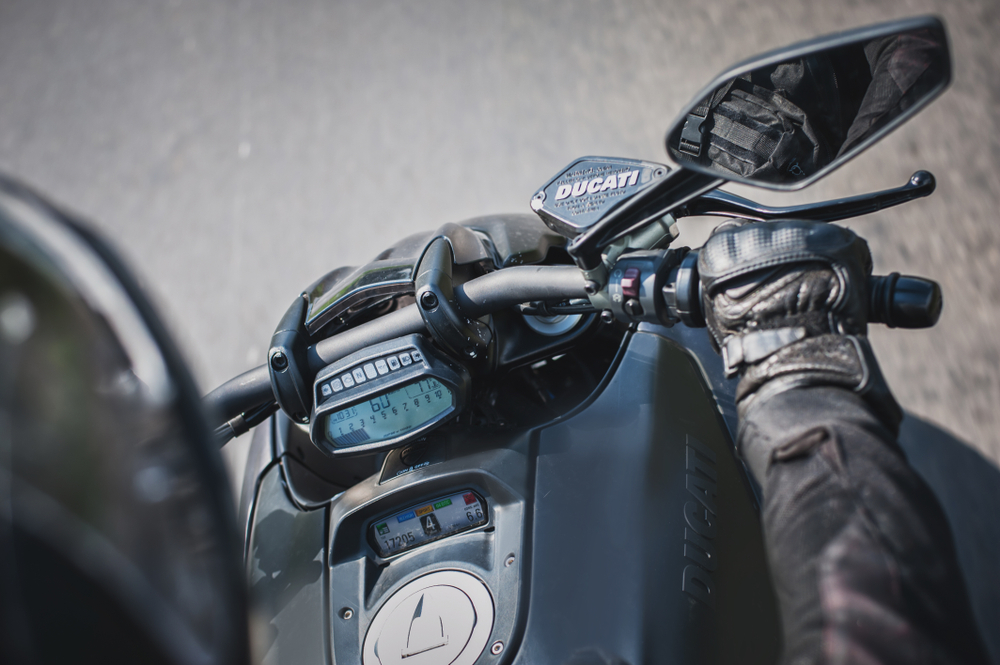
Countersteering is a vital technique for handling at higher speeds. By turning the handlebars in the opposite direction of the desired turn, riders can initiate a lean and navigate curves more effectively. This skill is essential for maintaining control and stability, especially in high-speed situations.
Riding Etiquette

Image Editorial Credit: Shutterstock.com
Unspoken rules among motorcyclists, such as waving to fellow riders and riding in a staggered formation, help foster a sense of community and safety. These practices ensure that riders communicate effectively and maintain a safe distance from one another, reducing the risk of accidents.
Defensive Riding
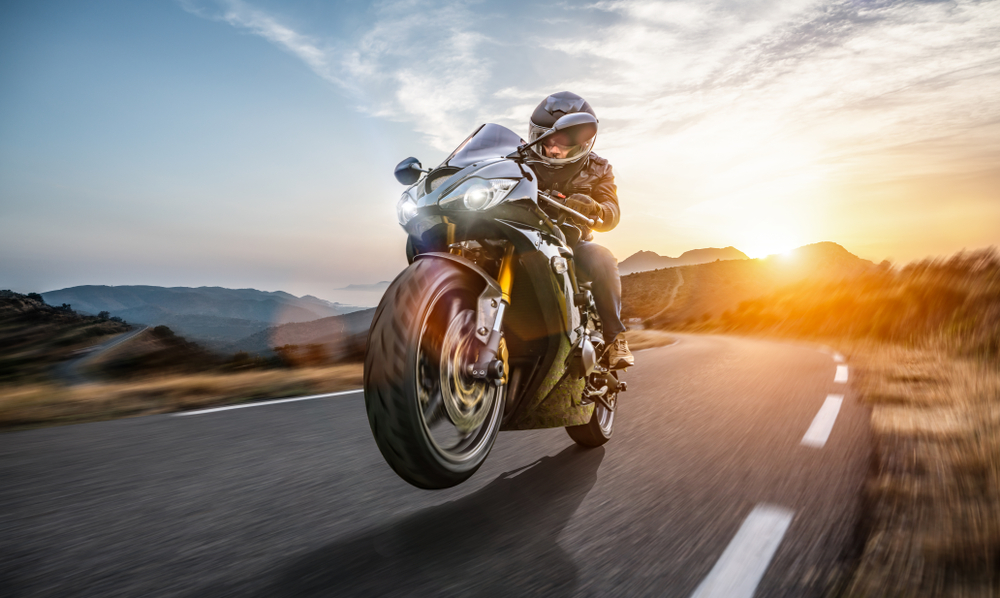
Defensive riding is crucial for motorcyclists, as it involves anticipating the actions of other drivers and being prepared for unexpected situations. This proactive approach helps riders stay safe in traffic, as they are more aware of potential hazards and can react accordingly.
Maintenance Knowledge

Image Editorial Credit: Shutterstock.com
Basic maintenance skills, such as checking tire pressure, oil levels, and brake functionality, are essential for safe riding. Regular maintenance ensures that the motorcycle is in optimal condition, reducing the risk of mechanical failures and enhancing overall safety.
Lane Positioning
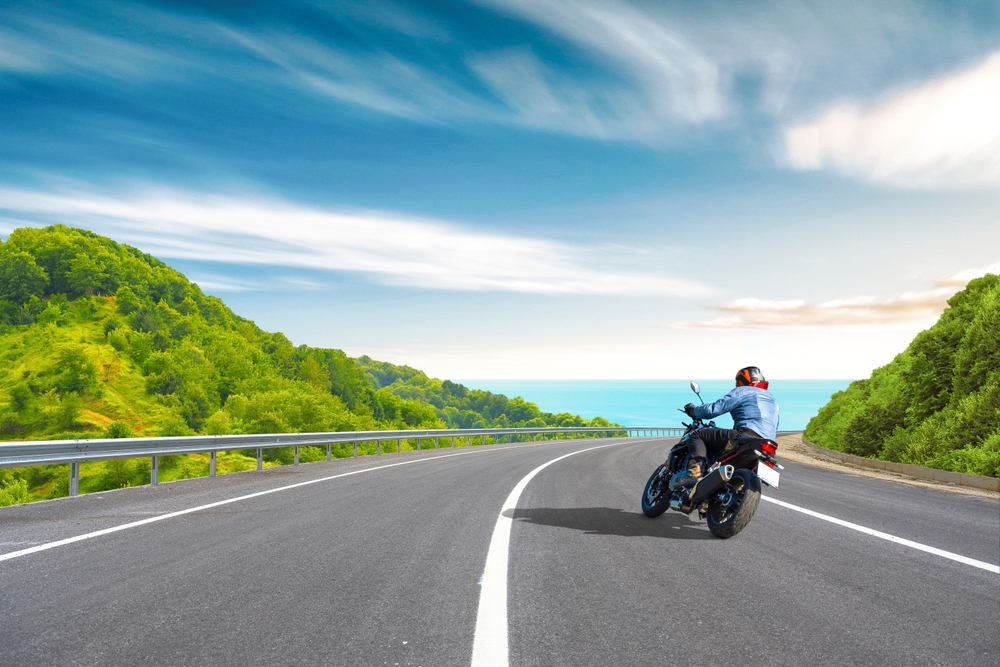
Knowing how to position themselves in a lane to be most visible and safe from other vehicles is vital for motorcyclists. Proper lane positioning helps riders avoid blind spots, maintain a safe distance from other vehicles, and improve their overall visibility to other drivers.
Fuel Management
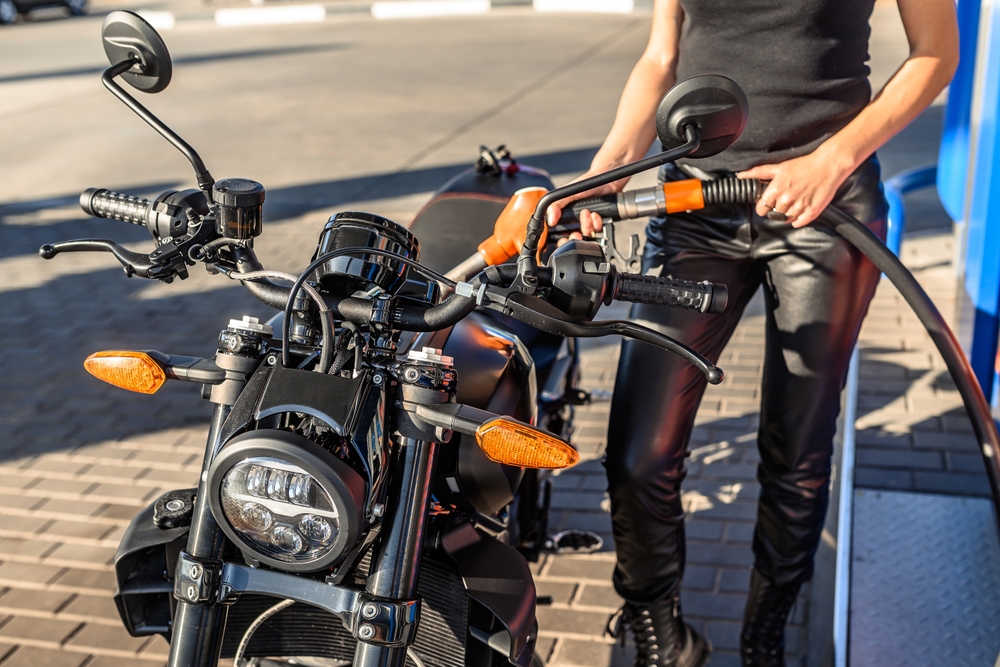
Planning routes with fuel stops in mind is crucial for long trips. Motorcycles often have smaller fuel tanks than cars, making it important for riders to know their bike’s fuel range and plan accordingly. This ensures they don’t run out of fuel in remote areas and can complete their journey smoothly.
Group Riding Dynamics
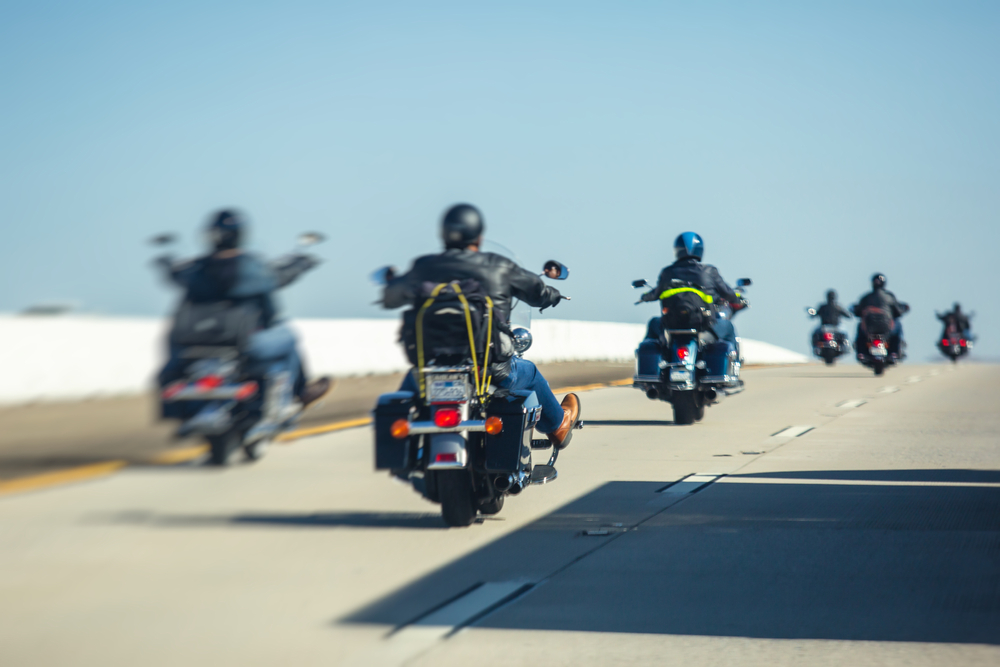
Image Editorial Credit: Shutterstock.com
Riding in a group requires communication and understanding of each rider’s habits and signals. Effective group riding ensures that all riders maintain a safe distance, follow the same route, and are aware of any changes in speed or direction. This coordination enhances safety and enjoyment for everyone involved.
Cornering Techniques

Proper techniques for taking corners smoothly and safely are key to riding well. This involves understanding the principles of leaning, throttle control, and braking. Mastering cornering techniques helps riders navigate curves confidently and safely, reducing the risk of losing control.
The Joy of Customization

Image Editorial Credit: Shutterstock.com
Many riders take pride in customizing their bikes to reflect their personality and style. From paint jobs to performance upgrades, customization allows riders to make their motorcycles unique. This personal touch not only enhances the aesthetic appeal but can also improve the bike’s performance and comfort.
The Zen of Riding
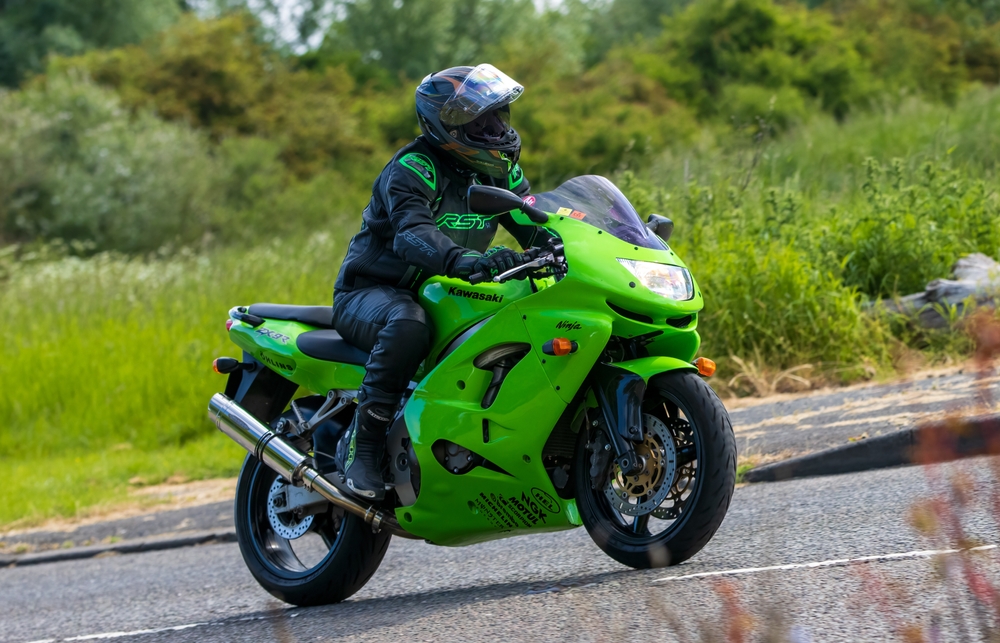
Image Editorial Credit: Shutterstock.com
The focus and mindfulness required for riding can be meditative and stress-relieving. Being present in the moment, concentrating on the road, and experiencing the ride can help riders clear their minds and reduce stress. This mental clarity is one of the many benefits of motorcycling.
Risk Awareness

Every ride involves assessing and managing risks, from road conditions to traffic. Riders must constantly evaluate their surroundings and make decisions to mitigate potential dangers. This heightened awareness helps ensure a safer riding experience and reduces the likelihood of accidents.
This article originally appeared in MyCarMakesNoise.
More from MyCarMakesNoise
20 Drawbacks of Classic Car Ownership You Should Know
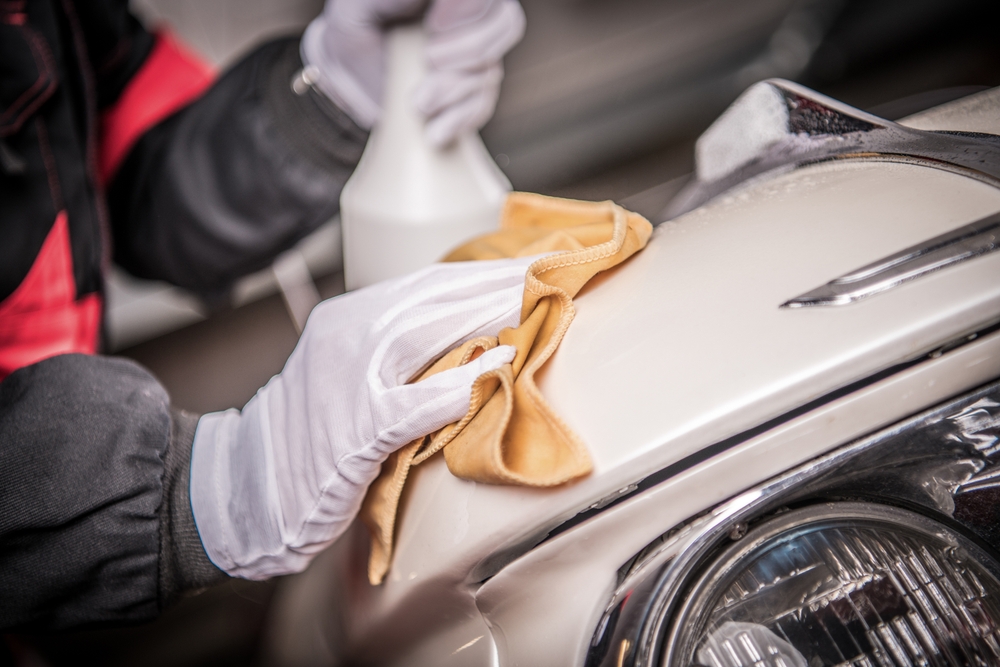
Owning a classic car can be a dream come true for many enthusiasts, but it also comes with its own set of challenges. Beyond the charm and nostalgia, there are several disadvantages that prospective owners might not initially consider. Read More.
20 Car Models Automakers Tried to Bury in the Past
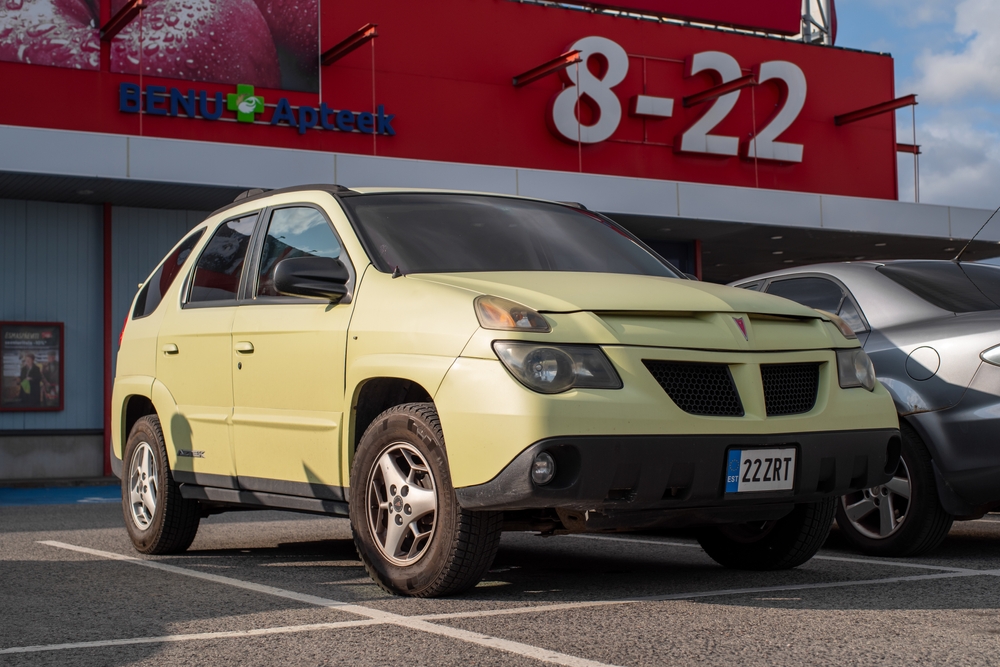
Not all car models achieve success; some are quickly forgotten by the public and even by the manufacturers themselves. These obscure models often represent missteps in design, performance, or market strategy. Read More.
20 Classic 1960s Cars with Sky-High Price Tags

The 1960s produced some of the most iconic and luxurious cars in automotive history. These vehicles, known for their exceptional design, performance, and rarity, come with hefty price tags. Read More.

